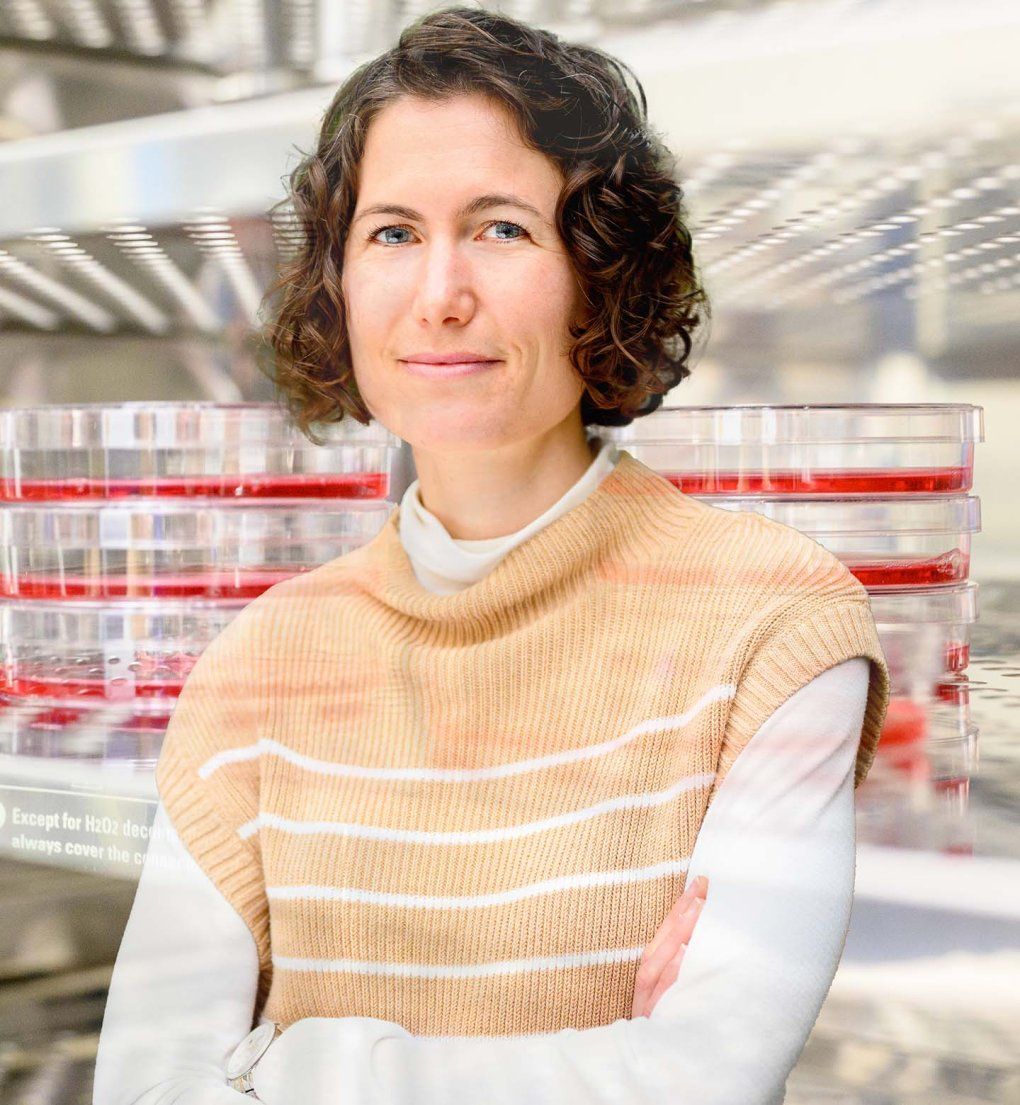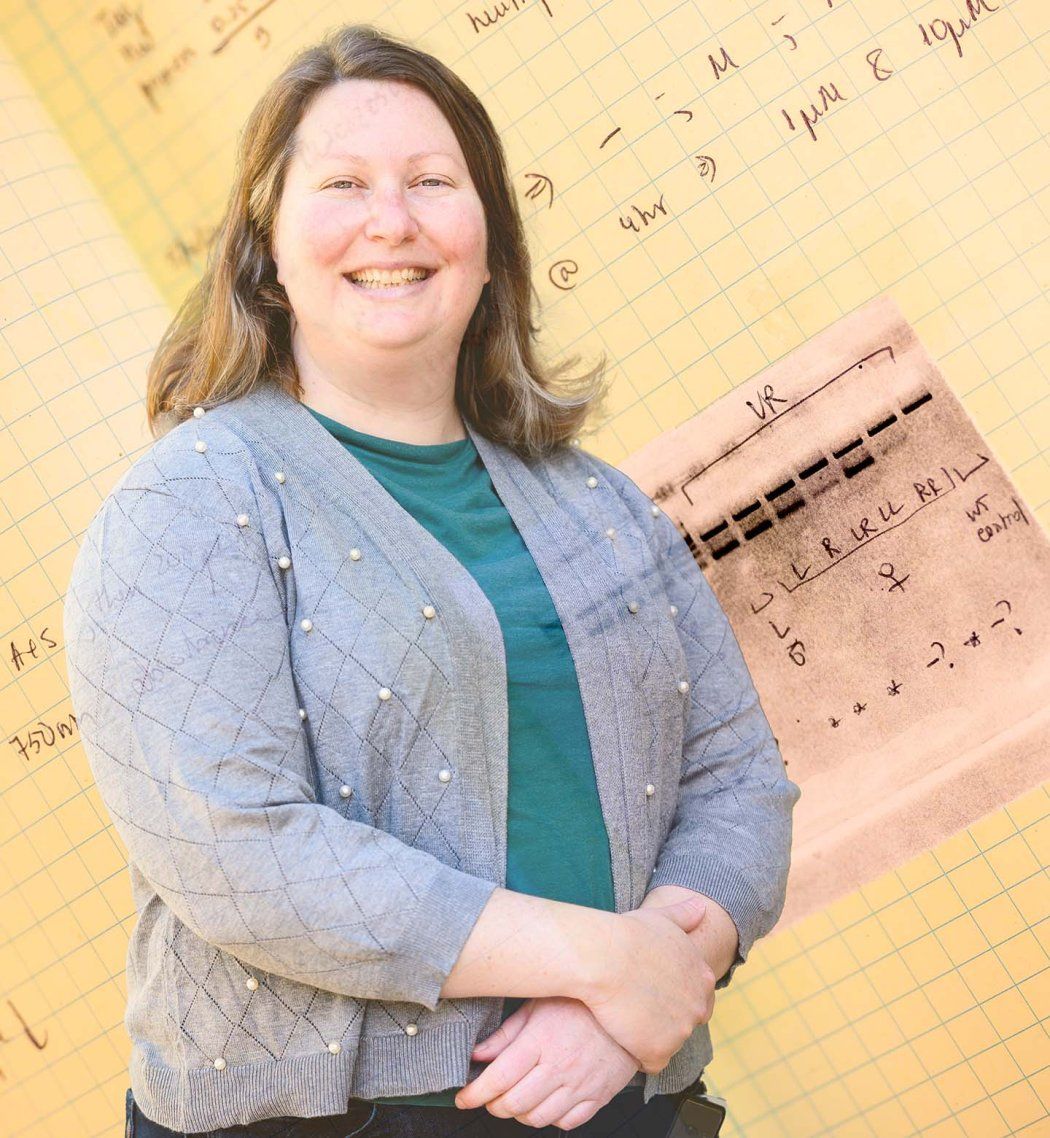This story is one in a series marking International Women and Girls in Science Day. Join us as we celebrate some laboratory leaders taking research to new heights.
Emily Goldberg’s first day as an assistant professor of physiology was April Fool’s Day 2020. She had finished a postdoctoral fellowship at Yale University and was counting the days until she received the keys to her UC San Francisco lab. She was ready to hire staff, recruit graduate students and launch experiments.
She’d arrived in San Francisco two weeks earlier, on March 15 – the day the first “shelter in place” order for coronavirus closed laboratory doors and sent non-essential employees home. “It was frustrating. Since I didn’t have a lab yet, I couldn’t come up with a scientific exception for why I needed to be on campus,” says Goldberg. “It meant that I wasn’t even allowed to come in to measure space for equipment.”
Like so many, she attended seminars through Zoom and met new colleagues virtually. Over the coming days and weeks, she, along with the rest of the public, began to learn that one of the biggest risk factors for severe coronavirus infection was age – a focus of her work.
Researchers have long known that as people age, our immune cells change and inflammation increases throughout the body. The constant, low-level inflammation makes age a risk for COVID but also cancer, heart disease, diabetes and more. How and why aging leads to inflammation isn’t fully understood.
“Inflammation is an underlying trigger for all kinds of diseases, and I think that a better understanding of it might help us tackle some major public health challenges,” Goldberg says.
Today, her lab studies what happens during aging to a particular set of immune cells: those embedded in fat tissue. She hypothesizes that changes to these cells during aging could be key to age-related inflammation, and is working to characterize, in molecular detail, those changes. It might be that inflammation in fat tissue negatively impacts the immune system, opening the door to diseases like atherosclerosis, diabetes and obesity.
“As people live longer around the world, they’re accumulating more and more chronic inflammatory diseases, and right now the treatments for these diseases really focus on symptoms and don’t really decrease the number of people living with them,” says Goldberg.
Her lab’s work, she hopes, might be the basis to develop drugs that go beyond treating illnesses and symptoms to quell age-related inflammation that opens the door to these illnesses in the first place.

NEXT UP:
The Omicron Effect: Can We Predict the Next Viral Killer?
Angela Phillips, PhD, studies the evolution of viral proteins and antibodies.
